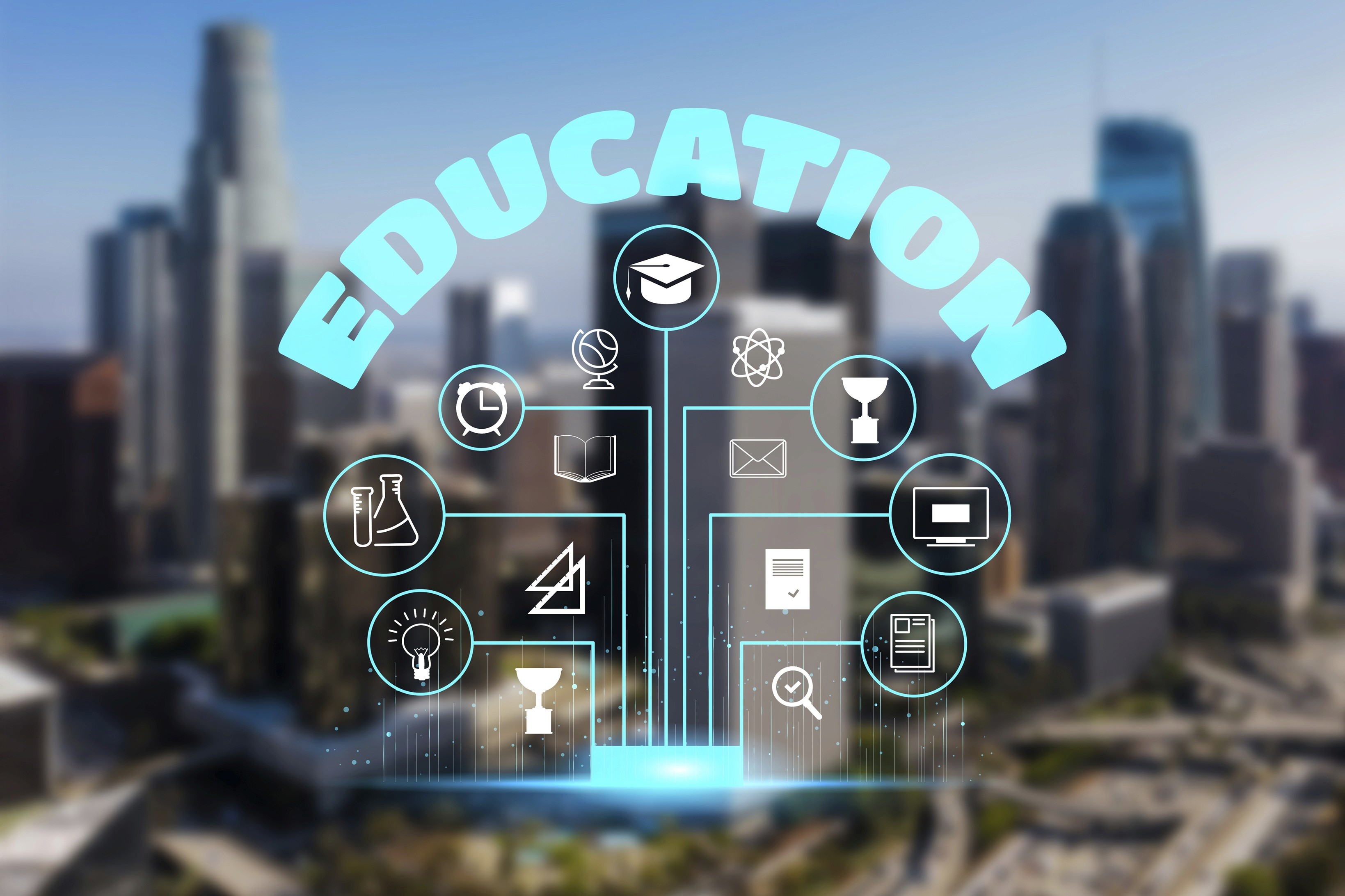The Importance of Skill-Based Learning in Today’s Job Market
News & Insights
15 Min Read
The global job market is evolving at a pace never seen before. With the rapid rise of automation, artificial intelligence, and digital transformation, industries are constantly reshaping. What this means for young professionals and students is simple: degrees alone are no longer enough. Employers today are seeking individuals who bring skills, adaptability, and real-world knowledge to the table.
The global job market is evolving at a pace never seen before. With the rapid rise of automation, artificial intelligence, and digital transformation, industries are constantly reshaping. What this means for young professionals and students is simple: degrees alone are no longer enough. Employers today are seeking individuals who bring skills, adaptability, and real-world knowledge to the table.
This shift makes skill-based learning one of the most critical aspects of career development in the 21st century. Unlike traditional learning models that emphasise theory and examinations, skill-based learning focuses on practical application, problem-solving, and hands-on experience, equipping learners with exactly what industries demand.
Why Traditional Education Alone Falls Short
While formal education builds foundational knowledge, it often lacks the dynamic, real-world adaptability that industries expect. Some of the gaps in the conventional education system include:
Overemphasis on theory rather than application.
Outdated curricula that don’t keep up with changing industry needs.
Limited exposure to real workplace problems and solutions.
Lack of focus on soft skills such as communication, teamwork, and adaptability.
This disconnect explains why so many graduates in India and across the world struggle with employability despite holding degrees.

B. Why Skill-Based Learning Matters More Than Ever
Skill-based learning provides the tools needed to bridge the gap between academia and industry. It ensures that students and professionals are not just qualified on paper, but also job ready in practice.
1.Key Benefits of Skill-Based Learning
Practical Knowledge Application
Learners develop the ability to apply theories to real-life scenarios, turning knowledge into action.
Adaptability in a Changing Market
As industries evolve, workers with strong skill sets can up-skill or re-skill quickly to stay relevant.
Better Employability
Employers value candidates who bring hands-on experience, reducing the need for extensive training.
Boosted Confidence
When learners can execute tasks independently, they gain confidence in their abilities.
Increased Innovation
Skills like critical thinking, creativity, and problem-solving encourage learners to think outside the box and drive innovation.
C. Bridging the Skills Gap in the Modern Workforce
One of the biggest challenges organisations face today is the skills gap the mismatch between the abilities graduates have and what industries require.
Skill-based learning directly addresses this challenge by:
Offering industry-relevant training modules that align with real-world job roles.
Creating a pipeline of job-ready talent that requires minimal re-training.
Encouraging lifelong learning, where professionals continually adapt to new technologies and processes.
For example, fields like cybersecurity, data science, digital marketing, and renewable energy are evolving rapidly. Without skill-based education, it’s nearly impossible to keep up with their demands.
D. Soft Skills: The Hidden Superpower
Skill-based learning is not only about technical skills it also emphasises soft skills that are equally critical in today’s workplace. These include:
Communication skills – expressing ideas clearly and confidently.
Collaboration & teamwork – working effectively in diverse groups.
Critical thinking – analysing problems logically and strategically.
Emotional intelligence – understanding and managing emotions at work.
Adaptability – staying flexible in rapidly changing environments.
Employers increasingly look for professionals who combine technical know-how with human-centric skills, as this blend is what drives success in collaborative, fast-paced organisations.
E. How Companies Benefit from Skill-Based Learning
For organisations, investing in skill-based learning isn’t just beneficial for employees it’s a strategic move that enhances overall growth.
Higher Productivity: Skilled employees complete tasks faster and more efficiently.
Reduced Training Costs: Job-ready candidates require less onboarding time.
Improved Innovation: Diverse skill sets lead to creative problem-solving.
Employee Retention: Workers feel valued when organisations invest in their growth.
F. The Future of Careers: Skills Over Degrees
The future of work is already shifting toward skills-first hiring. Major companies like Google, IBM, and Accenture now focus more on skills than on degrees when recruiting. This trend is expected to become even stronger in the coming years.
Some future-forward career trends include:
Digital-first jobs (AI, cloud computing, robotics, IoT).
Gig economy opportunities where freelancers rely on specific skills.
Remote and hybrid work models demanding strong digital literacy.
Interdisciplinary roles combining multiple skill areas.
In such a world, continuous upskilling and reskilling will be the key to career longevity.
G. Conclusion
Skill-based learning is not just an option it is a necessity for survival in the modern job market. While traditional education builds a base, it is skills that fuel employability, adaptability, and growth. By embracing a skill-focused approach, individuals can secure not just jobs, but sustainable and rewarding careers.
Employers, too, must invest in fostering skill-based environments to remain competitive. Together, this approach can create a future-ready workforce capable of thriving in an ever-changing global economy.
In essence, the future belongs to the skilled and the time to start building those skills is now.








